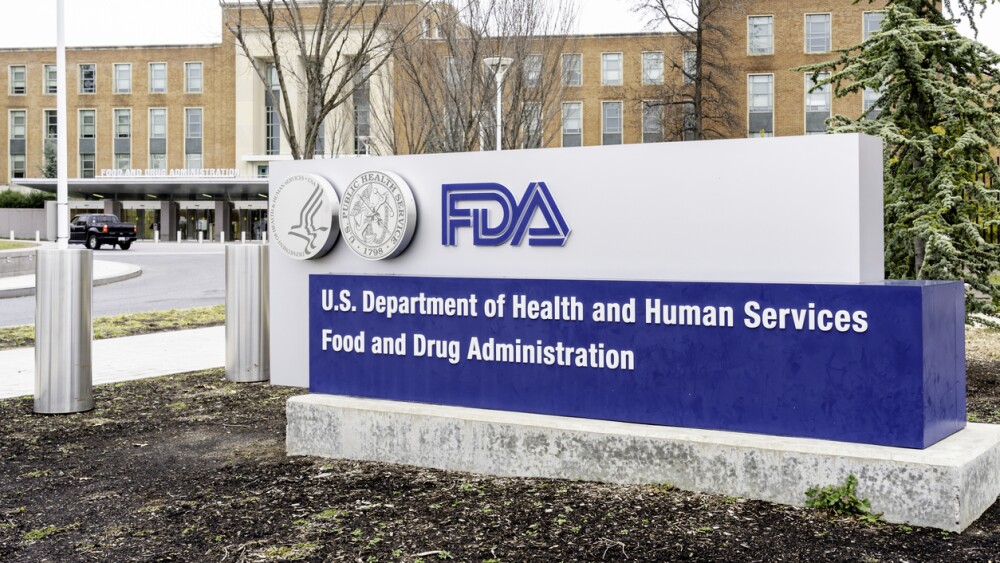MELVILLE, N.Y.--(BUSINESS WIRE)--OSI Pharmaceuticals, Inc. (Nasdaq: OSIP) announced today that its international partner for Tarceva® (erlotinib), Roche, received approval from the European Commission for Tarceva as a monotherapy maintenance treatment in patients with advanced non-small cell lung cancer (NSCLC) whose disease remains largely unchanged (stable disease) after platinum-based initial chemotherapy.
We are pleased that the European health authorities recognize Tarceva as a valuable option for lung cancer patients and their physicians when used in the first-line maintenance setting,” said Colin Goddard, Ph.D., Chief Executive Officer of OSI Pharmaceuticals. “We look forward to working with our partner, Roche, to advance the robust Tarceva lifecycle program, which includes evaluating Tarceva in the adjuvant setting and as a first-line treatment for advanced NSCLC patients with an activating EGFR mutation as well as branching into other disease settings including liver cancer."
OSI previously announced on April 16, 2010 that the U.S. Food and Drug Administration (FDA) approved Tarceva as a maintenance treatment for patients with locally advanced or metastatic non-small cell lung cancer (NSCLC) whose disease has not progressed after four cycles of platinum-based first-line chemotherapy. Tarceva is now approved in 109 countries for advanced NSCLC and 80 countries for pancreatic cancer.
About SATURN
The EU approval was based on data from the pivotal Phase III SATURN study. SATURN was an international, placebo-controlled, randomized, double-blinded, Phase III study that enrolled 889 patients with advanced NSCLC at approximately 160 sites worldwide. Patients were treated with four cycles of standard first-line platinum-based chemotherapy and then randomized to Tarceva or placebo if the cancer did not progress.
SATURN showed that Tarceva given as a maintenance therapy immediately after first-line chemotherapy significantly extended overall survival (OS) and significantly improved the time people with advanced NSCLC lived without the disease getting worse (progression-free survival, PFS) in a broad patient population, including squamous and non-squamous histology, compared with placebo.
About Lung Cancer
Lung cancer is the most common cancer worldwide with 1.5 million new cases annually and NSCLC accounts for almost 85% of all lung cancers. NSCLC progresses rapidly; less than 5% of advanced NSCLC patients survive for five years.
About Tarceva
Tarceva is a once-a-day pill that targets the EGFR pathway. Tarceva is designed to inhibit the tyrosine kinase activity of the EGFR signaling pathway inside the cancer cell, one of the critical growth factors in NSCLC and pancreatic cancer. The way Tarceva works to treat cancer is not fully known.
Tarceva is prescribed for patients with advanced-stage NSCLC whose cancer has not grown or spread after initial treatment with certain types of chemotherapy. Tarceva is also prescribed for people with advanced-stage NSCLC whose cancer has not grown or spread after receiving at least one chemotherapy regimen. Tarceva is not meant to be used at the same time as certain types of chemotherapy for NSCLC. In pancreatic cancer, Tarceva in combination with gemcitabine is prescribed for patients with advanced-stage pancreatic cancer whose cancer has spread, grown, or cannot be surgically removed, and who have not received previous chemotherapy.
Tarceva Safety
There have been reports of serious Interstitial Lung Disease (ILD)-like events including deaths in patients taking Tarceva. Serious side effects (including deaths) in patients taking Tarceva include liver and/or kidney problems; gastrointestinal (GI) perforations (the development of a hole in the stomach, small intestine, or large intestine); and severe blistering skin reactions including cases similar to Stevens-Johnson syndrome. Patients taking Tarceva plus gemcitabine were more likely to experience bleeding and clotting problems such as heart attack or stroke. Eye irritation and damage to the cornea have been reported in patients taking Tarceva. Difficulty with blood clotting, and bleeding events, including gastrointestinal and non-gastrointestinal bleeding, have been reported in clinical studies. Women should avoid becoming pregnant and avoid breastfeeding while taking Tarceva. Patients should call their doctor right away if they have these signs or symptoms: new or worsening skin rash; serious or ongoing diarrhea, nausea, loss of appetite, vomiting or stomach pain; new or worsening shortness of breath or cough; fever; eye irritation. Rash and diarrhea were the most common side effects associated with Tarceva in the NSCLC clinical studies. Fatigue, rash, nausea, loss of appetite and diarrhea were the most common side effects associated with Tarceva plus gemcitabine therapy in the pancreatic cancer clinical study.
For full prescribing information, please call 1-877-TARCEVA or visit http://www.tarceva.com.
About OSI Pharmaceuticals
OSI Pharmaceuticals is committed to "shaping medicine and changing lives" by discovering, developing and commercializing high-quality, novel and differentiated targeted medicines designed to extend life and improve the quality of life for patients with cancer and diabetes/obesity. For additional information about OSI, please visit http://www.osip.com.
This news release contains forward-looking statements. These statements are subject to known and unknown risks and uncertainties that may cause actual future experience and results to differ materially from the statements made. Factors that might cause such a difference include, among others, OSI's and its collaborators' abilities to effectively market and sell Tarceva and to expand the approved indications for Tarceva, OSI’s ability to protect its intellectual property rights, safety concerns regarding Tarceva, competition to Tarceva and OSI’s drug candidates from other biotechnology and pharmaceutical companies, the completion of clinical trials, the effects of FDA and other governmental regulation, including pricing controls, OSI's ability to successfully develop and commercialize drug candidates, and other factors described in OSI Pharmaceuticals' filings with the Securities and Exchange Commission.




